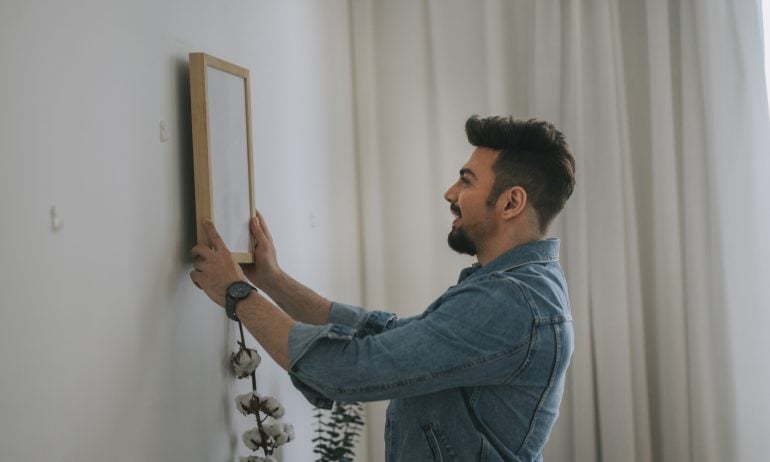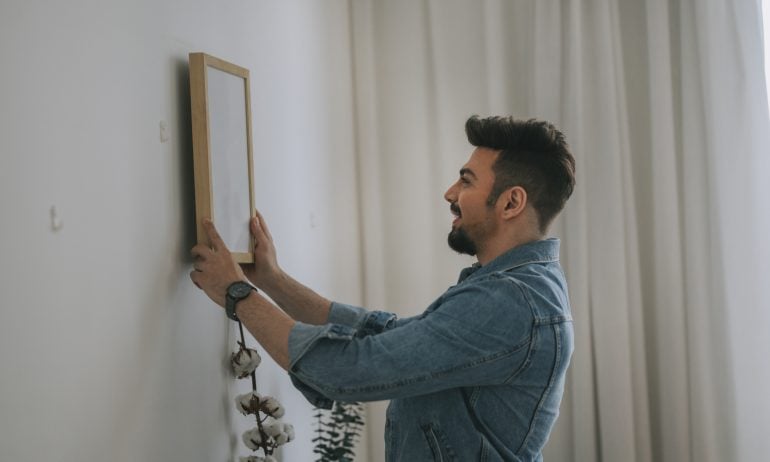FHA Closing Costs: An Overview
Feb 02, 2023 By Triston Martin
The FHA closing costs include mortgage insurance, fees charged by the lender and third parties, and prepaid goods. These costs are payable when the mortgage paperwork is signed. In addition to your FHA down payment, you are required to pay these fees. The breakdown is as follows:
Mortgage Insurance Premium
The FHA mortgage insurance premium, often known as MIP, is an example of a cost that is typically required. It comes to a total of 1.75 percent of your loan and is payable at the closing. You can also include the cost of this in your loan and finance it that way.
In addition, you will discover that a continuous FHA MIP of 0.45% to 1.05% is already included in your monthly payment. Although the interest rate will stay the same throughout the loan, the premium will change annually according to the amount still owed on the principal loan.
If you put down at least 20% of the purchase price, one expenditure you won't have to pay for with a traditional loan is the upfront and recurring charges for mortgage insurance.
Lender Fees
The following are some examples of costs that might be labeled as lender fees:
- The cost for the first transaction.
- Cost of insurance coverage.
- Document preparation charge.
- Additional cost at the beginning of the loan (only applicable to FHA 203(k) renovation loans).
- Fee for locking in an interest rate.
You can also purchase discount points, which are prepaid interest that reduces the interest rate on your loan. Discount points are completely voluntary; nevertheless, if you decide to make the purchase, those points will be included as a lender cost.
Third-Party Fees
This is a category of fees that pertain to services provided by other providers and may include the following options:
- Title insurance policy premium.
- Fee charged by the notary.
- Payment for a credit report.
- Charges for recording.
- Appraisal fee.
- Cost of the courier service.
- The costs of hiring an attorney for real estate transactions.
- Payment is required for flood certification.
Prepaid Items
The following are examples of up-front costs, with some of them being split between the buyer and the seller:
- The escrow deposit for taxes and insurance
- Insurance rates for flood and other perils.
- Real estate taxes.
- Per diem interest.
How To Lower Your FHA Closing Costs
According to Brian Sullivan, a public relations specialist with the United States Department of Housing and Urban Development, which supervises the FHA mortgage program, "closing costs vary greatly depending where you reside." The costs you pay and the names given to them could be different.

However, certain things can be done to make things easier. You might lower the costs associated with the closing of your FHA loan by:
Put in a request to have the seller cover a portion of your closing costs. The seller will be responsible for paying their portion of the closing costs, including a sizeable portion of the real estate commissions. You can ask the seller to pay a portion of your closing costs; however, the chance of this occurring may vary depending on how busy the real estate market in your area currently is. When there is a "seller's market," it is less likely.
Use the cash given to you by a friend or family member. The standards for an FHA loan permit are present from members of the borrower's family and friends, as well as charity organizations and businesses. Grants to aid with the down payment and other closing costs may also be obtained via state housing assistance programs.
Obtain financing for a portion of your closing costs. You may lower your initial out-of-pocket costs by adding the closing costs to the amount of your loan; however, this will result in a higher monthly payment and may also result in a higher total interest cost over the life of the loan.
How To Calculate Your FHA Loan Closing Costs
You can purchase a house with the assistance of an FHA loan when, under normal circumstances, you would not be eligible for a conventional mortgage loan. The procedure of getting an assessment is also more difficult than it is for traditional house loans. The appraisal may cost you extra since FHA requires that your house fulfill certain property standards. Your closing costs will also include the normal costs that are indicated above, in addition to the expenses listed above.
When calculating the closing costs for your FHA loan, many different aspects are taken into consideration due to the various circumstances that go into each real estate transaction. You won't be surprised to learn the whole amount of your closing costs on the day of closing, which is a relief since you don't have to keep this information a secret. The following is an outline of what you might anticipate for your FHA loan's closing costs:

- Loan Estimate Your lender must provide you with a Loan Estimate within three business days of your transaction application. This document will describe the specifics of your loan's terms and the projected costs of closing the loan.
- Calculator for closing costs making use of a calculator for closing costs may give you an idea of the probable closing costs you will incur.





